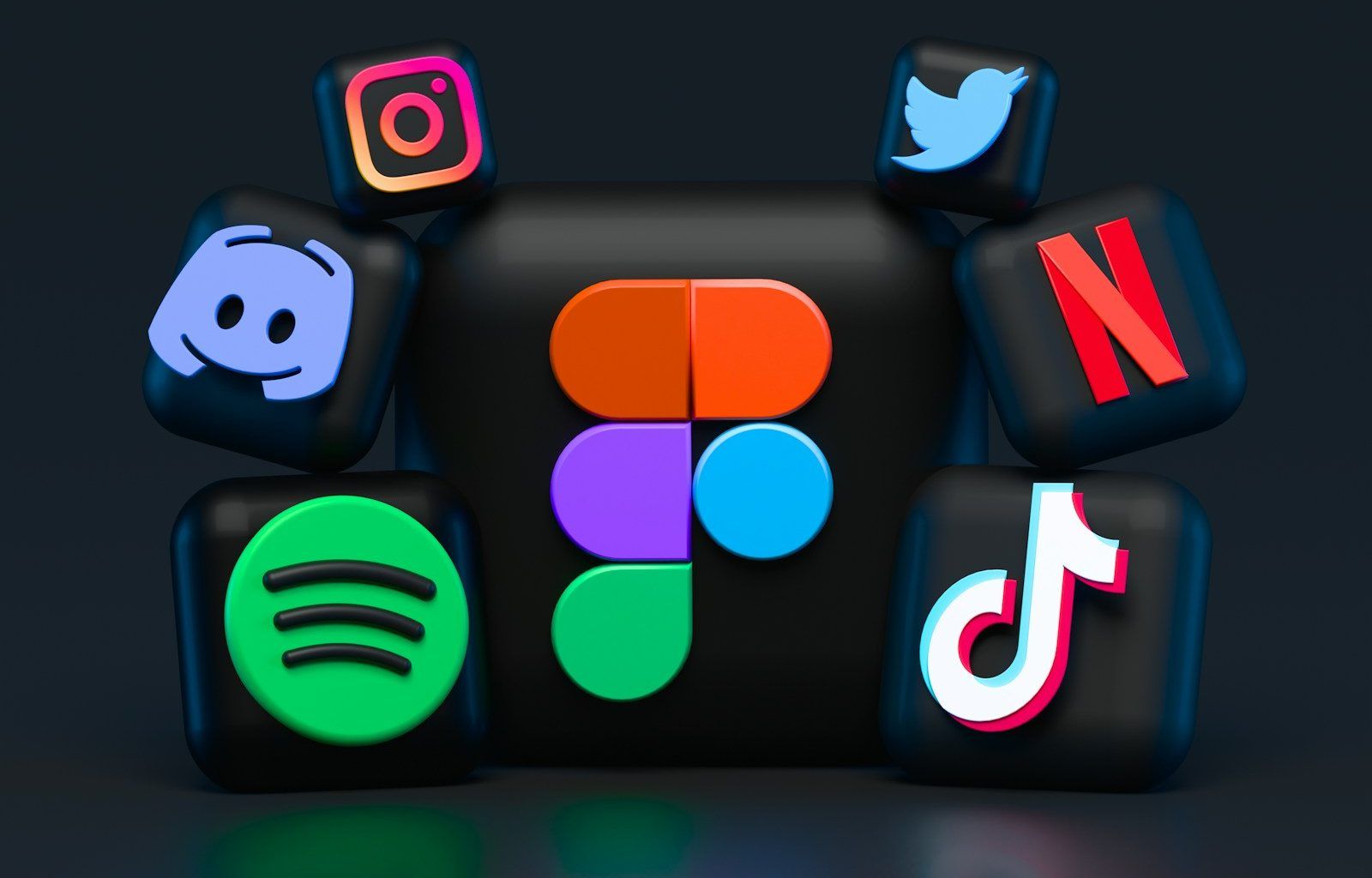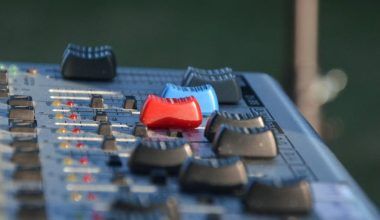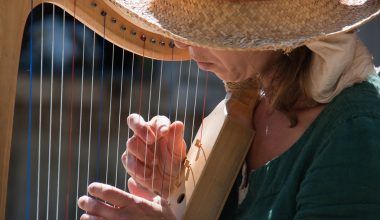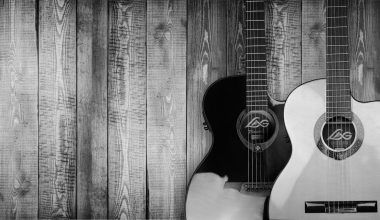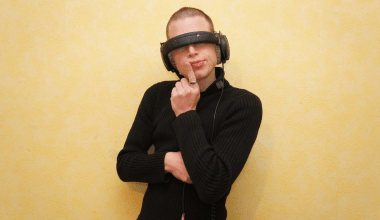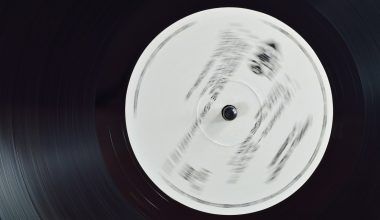In today’s digital age, social media has become a powerful tool for musicians. It’s no longer just about making music; it’s also about sharing it with the world. Social media helps artists connect with fans, reach new listeners, and promote their music effortlessly. Whether you’re just starting out or already have a following, knowing how to use social media for music can make all the difference.
This blog will guide you through everything you need to know. We’ll talk about tips, strategies, and tools that can help you get the most out of your social media efforts. And don’t worry, we’ll keep things simple, easy to understand, and actionable.
Social media has changed the music industry in many ways. Now, platforms like Instagram, TikTok, Facebook, and YouTube allow you to share your music directly with fans. You can build your audience and showcase your talent, all on your own terms.
For musicians, social media isn’t just about posting updates. It’s about creating meaningful connections. It’s about being visible and engaging your fans. If you use it right, social media can open doors to opportunities like:
- Networking with other artists and industry professionals
- Selling your music, merchandise, and concert tickets
- Building a loyal fanbase who supports you
The best part? Social media is accessible to everyone, regardless of budget. It doesn’t matter if you’re an independent artist or part of a band – with the right strategy, you can reach the audience you need.
Not all social media platforms are the same. Some platforms work better for visual content, while others are ideal for sharing short videos or audio. So, how do you decide where to focus your efforts? Let’s take a closer look.
1. Instagram
Instagram is a fantastic platform for musicians. Its visual nature lets you share behind-the-scenes photos, reels, and music teasers. You can also connect with fans using Instagram Stories and go live to perform your songs.
Why Instagram Works:
- Perfect for visuals like album art, concert shots, and videos.
- Instagram Reels can help your content go viral.
- It’s a great way to build your personal brand and showcase your lifestyle.
2. TikTok
TikTok has taken the world by storm, and musicians have seen huge success here. TikTok is all about short videos, and music plays a big role. You can use your music in challenges, trends, or fun videos to reach a broader audience.
Why TikTok Works:
- Trending sounds often lead to viral success.
- It’s a platform where new artists can break through easily.
- Younger audiences actively search for new music here.
3. YouTube
YouTube is still the go-to platform for video content. You can upload official music videos, lyric videos, and even live performances. It’s also an excellent place to post tutorials, vlogs, and other engaging content.
Why YouTube Works:
- Long-form content allows deeper engagement.
- Your channel can become a central hub for your music.
- Monetization options can help you earn income from ads.
4. Facebook
Facebook remains a valuable tool for musicians, especially when it comes to promoting events and engaging with older audiences. Facebook Groups also allow you to create close-knit communities for your fans.
Why Facebook Works:
- Event pages make it easy to promote concerts and shows.
- Facebook Live is great for streaming performances.
- Groups allow stronger fan engagement.
5. Spotify and Other Streaming Platforms
While not traditional social media, Spotify has social features like playlists and artist profiles. You can share your Spotify links across your social platforms to drive traffic and streams.
Why Spotify Works:
- Spotify analytics help you understand your audience.
- Integrates seamlessly with other social media channels.
Once you’ve chosen your platforms, it’s time to create a strategy. Promoting music on social media is all about being consistent, engaging, and creative. Here are some proven tips to help you succeed.
1. Create High-Quality Content
Your content is the most important part of your social media presence. Make sure everything you post represents you as an artist. Focus on high-quality visuals, videos, and audio.
- Post Teasers: Share snippets of new songs to create anticipation.
- Behind-the-Scenes Content: Show your audience the process of making music or rehearsing.
- Live Videos: Go live to perform, answer questions, or interact with fans in real time.
2. Post Consistently
Consistency is key on social media. Whether you post daily, weekly, or a few times a month, keep a schedule. This helps your followers know when to expect new content.
- Use tools like Hootsuite or Buffer to plan posts.
- Experiment with posting times to see what works best.
3. Engage with Your Audience
Social media is a two-way street. Reply to comments, DMs, and mentions to build a loyal community.
- Ask Questions: Create polls or ask fans for song suggestions.
- Shout-Out Fans: Highlight fans who share your music or support you.
- Collaborate: Partner with other musicians, influencers, or fans to reach new audiences.
Hashtags can make your content discoverable. Follow trends on platforms like TikTok and Instagram to stay relevant.
- Use hashtags like #NewMusic, #MusicianLife, or #IndieArtist.
- Join viral trends or challenges to showcase your music.
5. Promote Your Shows and Releases
Always use social media to announce new releases, concerts, or tours.
- Create countdowns for upcoming music drops.
- Share concert dates with clear calls to action for tickets.
6. Collaborate with Other Artists
Collaboration is a smart way to grow. Partner with musicians, producers, or even content creators to reach a new audience.
- Create duets or split-screen videos.
- Feature other artists on your songs and vice versa.
Managing social media can get overwhelming. Luckily, there are tools that can help you stay organized:
- Canva: Create eye-catching graphics and visuals.
- Hootsuite: Schedule posts across all platforms.
- Buffer: Plan and publish content consistently.
- Spotify for Artists: Track your streaming stats and insights.
- YouTube Studio: Manage and optimize your YouTube channel.
These tools save time and allow you to focus more on creating music.
Social media for music is more than just posting songs. It’s about telling your story, connecting with fans, and building a community that loves your music. By choosing the right platforms, creating quality content, and engaging consistently, you can take your music career to the next level.
For further reading, explore these related articles:
- How to See Amazon Music Stats
- Free Mastering Song: Achieve Professional Sound Without Spending a Penny
For additional resources on music marketing and distribution, visit DMT Records Private Limited.
